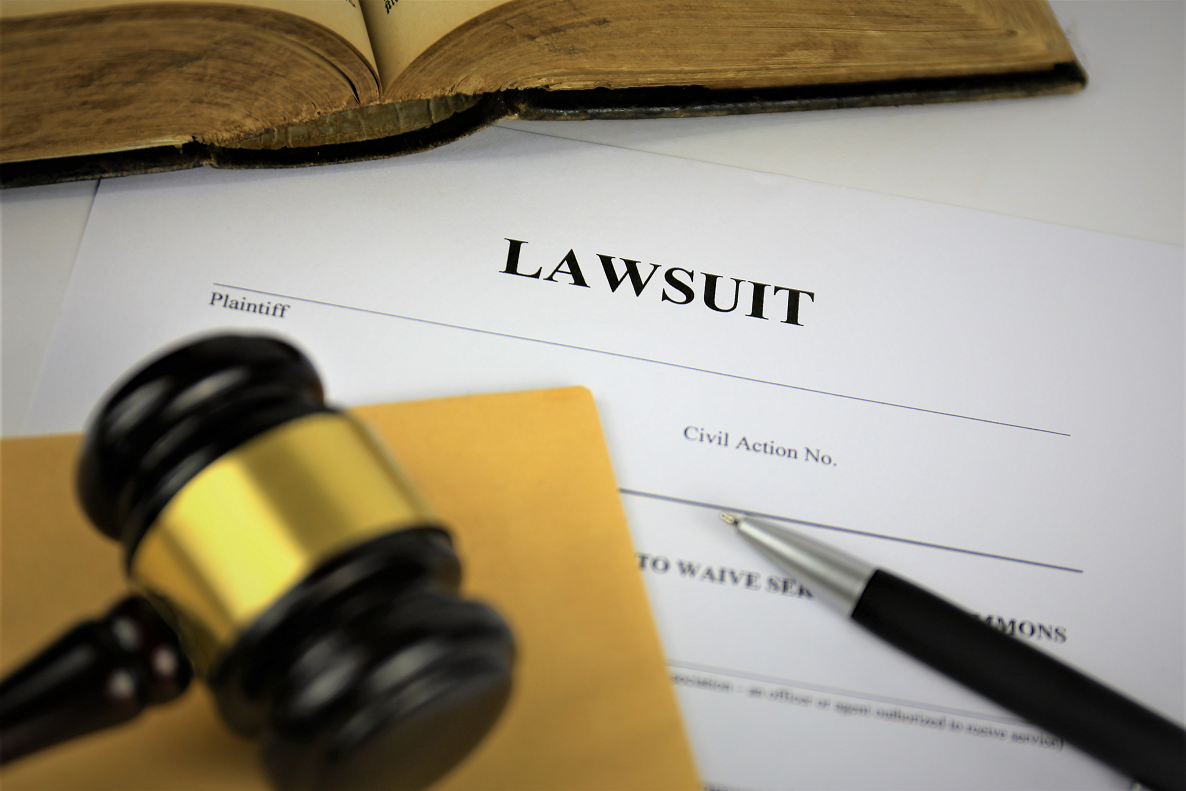An Exception to the Merger by Acceptance Provision in a Purchase and Sale Agreement

A standard Purchase and Sale Agreement usually contains the following “Acceptance of Deed” provision that every buyer needs to understand: The acceptance and recording of a deed by the BUYER or their title nominee as the case may be, shall be deemed to be a full performance and discharge of every agreement and obligation herein […]
What Are the Consequences to an Employer who Fires an Employee but Does Not Pay all Accrued Wages on the Final Day of Employment?

The Massachusetts Wage and Hour Act (“Wage Act”) requires employers, when terminating an employee, to pay all accrued and unpaid wages through the last date of employment, on the last day of employment. This includes not only wages, but accrued but unused paid time off. The Massachusetts Supreme Judicial Court has rigidly interpreted the statute […]
As A Defendant, Can I Require the Plaintiff to File in Federal Court?

With few exceptions, a case that can be filed in federal court also can be filed in state court. The plaintiff’s choice of forum will often control. However, if a federal court has jurisdiction over a case the plaintiff elected to file in state court, there is a procedure that allows certain defendants to transfer […]
Is My Company a “Closely-Held” Corporation?

You may have heard of some corporations being referred to as “close” or “closely-held” corporations. Under Massachusetts law, this designation is important, because all shareholders of such close corporations – whether they hold a majority or minority interest – owe fiduciary duties of utmost good faith and loyalty not only to the corporation but also […]
What are Liquidated Damages and When are they Enforceable?

Many contracts contain a “liquidated damages” clause, under which the parties agree, at the time they sign the contract, to a pre-determined amount of damages, or a calculation to determine damages, in the event a party breaches the contract down the road. Liquidated damages can be helpful because they can deter a breach as well […]
Security Deposits in Massachusetts – Rules That Every Landlord Needs to Know

Massachusetts General Law Chapter 186, Section 15B is the statute that sets forth the guidelines that a landlord must follow when taking a security deposit from a tenant. Every landlord should read G.L. c. 186, §15B and follow its procedures very carefully. The following are a few of the rules that a landlord must follow […]
What Happens if an Attorney-Client Privileged Communication is Inadvertently Disclosed to the Opposing Counsel or Party?

The attorney-client privilege protects from disclosure any communication between a lawyer and the client that are made in confidence for the purpose of giving or obtaining legal advice. Email and mobile devices have made these communications exponentially more efficient by allowing clients and lawyers to type or text as opposed to speaking in person or […]
What is a 30(b)(6) Deposition?

I just received a notice stating that my company will be deposed in accordance with Rule 30(b)(6). What does that mean and what am I supposed to do about it? A deposition is a process that permits a party or its attorney to ask questions of the opposing party or a witness relating to the […]
I am a Minority Shareholder in a Small Company, and I Believe One of the Other Shareholders is Harming the Interests of the Company. Can I Sue the other Shareholder?

The likelihood of you succeeding in a particular lawsuit depends on the facts of your case. However, it is important to understand that a minority shareholder cannot simply bring suit in his or her own name in order to vindicate harm that the company has suffered. If you are a minority shareholder in a Massachusetts […]
If Someone has Interfered with your Inheritance, How Much Time do you have to Bring the Claim?

Oftentimes family members quarrel when a relative dies and excludes someone from a will or a trust. By statute, Massachusetts requires a person who contests the validity of a will or a trust to commence a lawsuit within one year of death. The Supreme Judicial Court recently held, however, that the one year rule does […]
